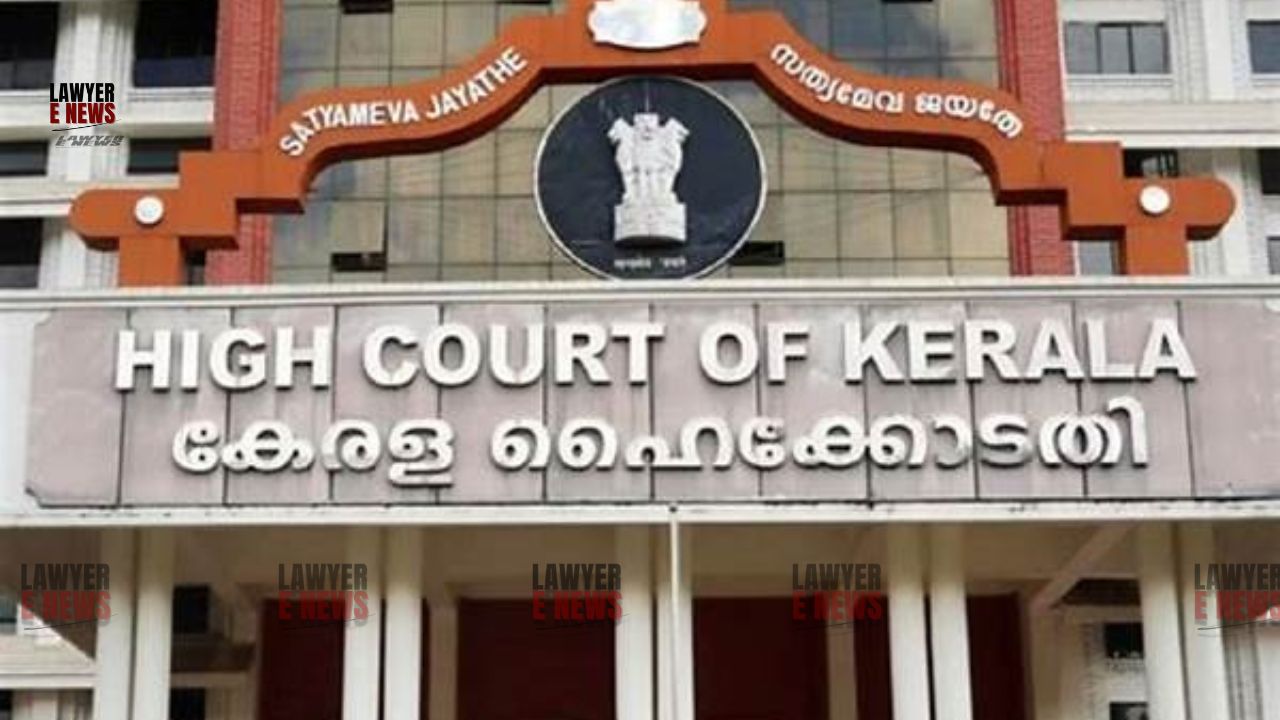-
by Admin
15 February 2026 5:35 AM



The Kerala High Court has set aside the judgment of a lower court in a partition suit, highlighting the insufficient evidence presented to prove the validity of gift deeds under Mohammedan law. The court, comprising Justices Sathish Ninan and Johnson John, remanded the case for fresh consideration, allowing both parties to present additional evidence.
The case concerns a suit for partition filed by Naseer T.K., seeking division of properties and assets left by his late father, Abdulla. The respondents, including Naseer’s sister, Beebi, contested the suit by relying on two gift deeds allegedly executed by Abdulla, transferring significant portions of the disputed properties to Beebi. The trial court upheld these gift deeds, leading Naseer to appeal the decision.
The primary issue before the High Court was whether the gift deeds (Exts.B1 and B2) executed by Abdulla satisfied the three essential elements of a valid gift under Mohammedan law: declaration, acceptance, and delivery of possession. The court observed that, according to the landmark judgment in Maqbool Alam Khan v. Mst Khodaija and Ors., these three elements are indispensable for a gift to be valid under Mohammedan law.
The court found that the defendants failed to provide sufficient evidence to establish that the gift deeds met these requirements. Notably, the donee, Beebi, was not examined in court, which the judges noted as a significant omission, since she would be the most competent witness to confirm acceptance and possession. Additionally, the defendants could not produce tax receipts or other documents proving that the property had been mutated in Beebi's name or that she had taken possession, as claimed.
The court was particularly critical of the trial court's reliance on the mere recital in the gift deeds that possession had been handed over. The judges underscored that such a recital, while important, is not conclusive evidence of a valid gift. They also dismissed the argument that Section 92 of the Indian Evidence Act, which restricts the use of oral evidence to contradict written documents, would bar Naseer from challenging the recitals in the gift deeds, as he was not a party to those documents.
Given the lack of concrete evidence, the court concluded that the trial court’s judgment could not be sustained. The case was remanded back for fresh disposal, allowing both parties to present further evidence, particularly concerning the execution and acceptance of the gift deeds.
This decision underscores the strict requirements under Mohammedan law for proving the validity of gift deeds, particularly in partition suits. The Kerala High Court’s judgment highlights the importance of concrete evidence in establishing the essential elements of a gift, and the case’s remand for further proceedings may set a precedent in similar disputes. The trial court will revisit the case on September 26, 2024, providing both sides an opportunity to present additional evidence.
Date of Decision: September 3, 2024
Naseer T.K. v. Mariyamma & Others
